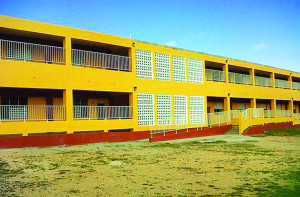
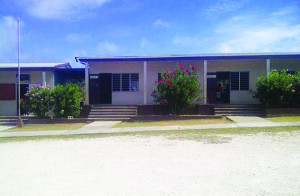
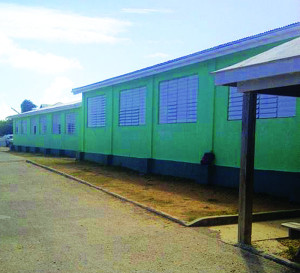
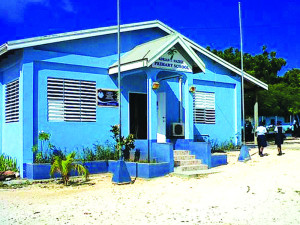
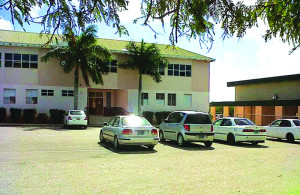
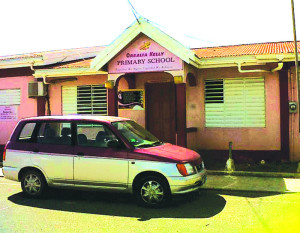
 Inside Education is a monthly column established by the Ministry and Department of Education. The column showcases various aspects of the education system and provides an inside look at those activities which often go unnoticed.
Inside Education is a monthly column established by the Ministry and Department of Education. The column showcases various aspects of the education system and provides an inside look at those activities which often go unnoticed.
For the month of May, the focus of the Ministry and Department of Education has been on the development of a new Education Development Plan 2015 to 2020. The Education Development Plan will guide the operations and determine the priorities for the education sector for the next five years. The Plan has to be a dynamic document, flexible enough to adapt to emerging trends and developmental needs. The ongoing challenge of the education system is to remain current and relevant in a fast paced, ever-changing society. This is not an easy task. However, with the collective knowledge, training, experience and wisdom of educators, education administrators and the wider community, it can be done.
Some features of the proposed Plan include ensuring that by the year 2020 the early childhood sector is adequately resourced, has sound early childhood programmes delivered by competent caregivers and qualified teachers, and is adequately supported. All children should begin primary education after having had a solid start in early childhood settings.
With regard to primary education, all children exiting the primary school system should have the literacy, numeracy and enquiry skills necessary for them to fully benefit from secondary education. It therefore means that all primary level programmes must be robust. There has to be continued focus on teacher quality as well as proper monitoring and evaluation of regular classroom teaching, intervention programmes and programmes for children with special needs. Investment in teacher education and continuous professional development should increase. In fact, by 2020 the new norm should be that teachers entering the classroom have already completed teacher training programmes.
At secondary level, each child must be afforded the opportunity to receive an education suited to his or her needs, abilities, talents and interests. Distinct, equally valued and resourced, career pathways should be available to all children at secondary level so that each child has the opportunity to exit the secondary school system appropriately certified in his or her area of choice.
At all levels, in every classroom, ICT should be an integral tool in the teaching and learning process. Our children are already operating in a technological world. ICT is what they use to communicate. It is anticipated that with the appropriate and widespread use of ICT more children will be fully engaged in learning.
All schools should be nurturing, caring environments where the educational and psychological needs of all children are supported. In the absence of the necessary parental support structures, there is an increased need for the education system to seek to improve the pastoral care available to children.
Fully certified and recognized competency-based, technical and vocational programmes should be available to all students. There should be a seamless transition by students leaving the secondary school, to TVET programmes or the advanced level programmes at the Anguilla Community College. It is expected that the College will evolve into an institution operating a full time schedule and catering to school leavers, and adult learners, in a wide range of programmes relevant to their needs and the development needs of Anguilla.
In general, the Ministry and Department of Education will work towards ensuring that every citizen understands the importance of education and makes maximum use of the opportunities for educational advancement provided throughout the education system. The new Education Development Plan 2015 – 2020 will form the basis for these efforts.







